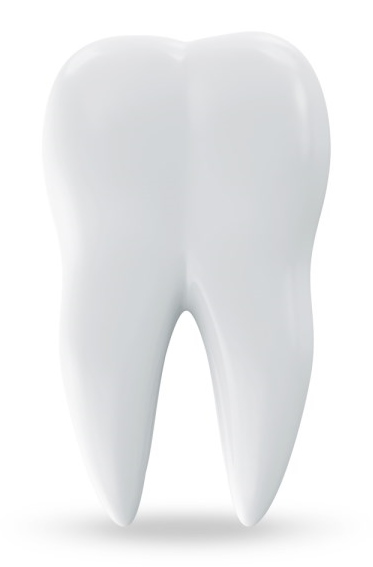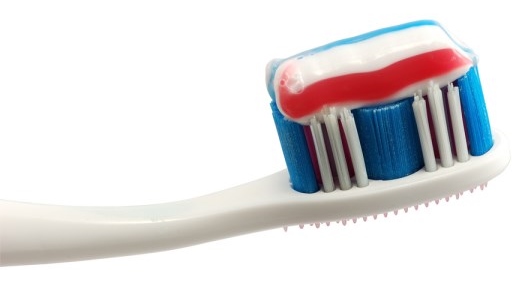PRINTED IN TCI WEEKLY NEWS
March 12th 2016
 In the clinic I sometimes get asked some rather strange questions or hear some strange statements around the subject of how people care for their teeth. Some of these things are ineffective but harmless but some things can actually do more harm than good. Over the next couple of articles I wanted to consider, and where necessary correct, some commonly held misconceptions or misunderstandings concerned with dental care or treatment.
In the clinic I sometimes get asked some rather strange questions or hear some strange statements around the subject of how people care for their teeth. Some of these things are ineffective but harmless but some things can actually do more harm than good. Over the next couple of articles I wanted to consider, and where necessary correct, some commonly held misconceptions or misunderstandings concerned with dental care or treatment.
MYTH: There is no need to take care of children’s teeth as they all fall out and are replaced by adult teeth anyway.
TRUTH: This is absolutely wrong. Firstly, neglecting your child’s teeth will result in dental decay and cavities. This means your child will be in pain and there is a strong likelihood that the child will require several visits to the dentist for cleaning, fillings or extractions. Losing baby teeth prematurely can impact a child’s ability to eat or speak. It can also be the cause of orthodontic problems in future.
Secondly, a child who has reached the age of 5 or 6 years and has not been taught good dental habits is unlikely to change their habits overnight when their adult teeth start to come through. Over time this poor care is likely to result in decay, cavities and pain. The time to start good dental practices is as soon as a baby’s teeth start to come through.
MYTH: I must not brush my teeth if my gums bleed
TRUTH: Bleeding gums is a sign of gum disease and it is advisable that you visit the dentist. In the immediate term do not stop cleaning your teeth but brush them gently with a soft bristled brush. You should not ignore the symptoms of bleeding gums as this can lead to periodontal disease and ultimately tooth loss.
MYTH: Placing a tablet of aspirin beside an aching tooth can ease the pain.
TRUTH: This is not advisable. Using aspirin topically (ie. directly onto the site of the pain) can damage the soft tissue in the mouth. Instead take a painkiller such Tylenol or Advil and seek treatment from a dentist.
MYTH: A decayed tooth should be pulled out.
TRUTH: Not necessarily. Often teeth can be saved and restored even if the cavity is quite large. If the decay reaches the nerve, the tooth can still be saved with a root canal treatment. It is only if the tooth is beyond repair that the best option is to have it removed. If you have a decayed tooth you should visit your dentist for a dental check-up. During this your teeth with be examined and your dentist will recommend the best course of treatment.
MYTH: It is better to remove wisdom teeth because they usually cause problems.
TRUTH: Historically it was the practice that the majority of people had their wisdom teeth removed. This however is not the case anymore. Wisdom teeth should only be removed if they are consistently causing problems and there is a sound clinical reason to do the surgery.
 MYTH: Regular bicarbonate of soda can be used to clean and whiten teeth.
MYTH: Regular bicarbonate of soda can be used to clean and whiten teeth.
TRUTH: This is not true. Bicarbonate of soda can be very harmful to teeth due to its very strong abrasive effects damaging the tooth enamel. Special whitening toothpastes which contain bicarbonate are specially developed and contain much smaller particles that, when used correctly, will not damage teeth.
Please look out for the second article on this topic that will follow in a couple of weeks. If you have any questions relating to any of these points or teeth in general, please contact Mark Osmond Dental Clinic where we are happy to assist you.